Charlotte Brontë, Oscar Wilde, Jane Austen, and countless more figures in the literary world have taught us what great writing is. The depth, complexity, strength of characters and their development leaves us with memorable experiences from the pinnacle of English Literature.
There are a only a few ways we were taught English in schools. I wasn’t one of the people who learned full books in school. In fact, my school education took abstracts of books and placed them in a larger anthology book to be studied as a collection.
Which meant that my education was not story centric, but more so about the vocabulary, comprehension skills and overall English speaking ability. Others had their English education focused on one or two classics per year.
Jane Eyre, Pride and Prejudice, Great Gatsby and more. Their educational systems integrated these stories into the curriculum, forcing books to adhere to a strict measure of deadlines, memorisation and exams.
Thing is, while reading these books as an adult, I’ve come to realize that systematically teaching of these classics may be counter productive to the world of English literature.
Depth and Complexity
Old time classics are written by people who have seen a bit of life. They wrote about a time period they knew using experiences that they’d lived, heard or were relevant to them in some way.
How could that possibly hold a candle to HighSchool children of the 21st century? These are people living amidst quick transportation, with emails, text messaging and public mass media like TikTok and Instagram.
You don’t need to be living in the 1800s to understand the generation, but how could we expect a bunch of kids who have hardly learned about this life yet to be knowledgable about times long gone and forgotten.
There will, obviously be missed nuances, misunderstood intentions and harshly judged characters. Though these are people who were written in a different age where norms were different, society behaved differently and priorities were based on different goals.
Will children understand that Jane Eyre, having had no real family over the course of her life, travelling alone and making decisions for herself was extraordinary, and that that was half the strength of her character?
We can’t expect them to…
Language
Quite frankly, I don’t see why children are expected to read through Old English like a Bible.
These people can hardly write, why are they reading a version of the language that hasn’t seriously been in use for over 200 years?
Now, I do respect Old English very much. It is sophisticated, subtle and artfully expressive. Reading Old English books, to me, is a transformation in time. In old classics, reading a book written by someone in old England using periodical writing is a joy. It’s almost like magic or time travel.
But by God why do the children have to suffer? They don’t need this information right now, they won’t enjoy it and quite frankly it will diminish their interest in stories that were written to be experienced.
Culture and Time
The world in which these writers lived was an historically significant one and starkly distinct from the one we live in now. They relied on trust and reputation for everything. Post, transport, jobs, village / town interactions, etc..
I mean that world, our history as humans, was impressive. These classics are a drop of that life we can now only recreate in video games, movies and the occasional well written book.
And yet, despite the significance, I will not be convinced that children need to bother themselves with the daily lives of random people of the 1800s who contributed little to humanity and came out of it with a fun story to read.
Especially not if you would be reading Wuthering Heights in class one moment and the bell for history class rings the next.
Knowing Your Audience
You can always argue that, with all these differences, its important to allow new generations exposition to such a significant era of English literature. But what will it help if they don’t process it?
Have we all secretly agreed to only teach the 5 kids in a class of 30 who will understand these books? What is this, natural selection? We can do better.
We have simpler, more relatable books that will convey serious, relavent topics with a more current vernacular and a more recognisable world. Still sophisticated literature, but more relatable.
- 1984 – George Orwell
- Animal Farm – George Orwell
- I Know Why the Caged Bird Sings – Maya Angelou (though that one is a bit explicit, but they’re the facts of life that like it or not, people are aware of and might be best to teach and ward off against them at adolescent age.)
- The Catcher in the Rye – J.D. Salinger
- Lord of the Flies – William Golding
- The Autobiography of Malcom X – Alex Haley
I mean the what’s going on? Why aren’t these the books we focus on? They’re topical and relatable, and on top of everything they are well written, sound books that all happen to be Penguin Classics. What else do you need?
Learning is Ageless
The best thing about timeless classics is that you can always go back and read them, but you can only ever read them for the first time once. If I’ve made no sense to you, then never mind – what’s new with you?
If I have, then I’m glad because maybe you can do something about it that I can’t. If you’re unsure then visit your nearest book store, find the classics aisle and read. Either way read.
Good luck, thanks for reading 🙂
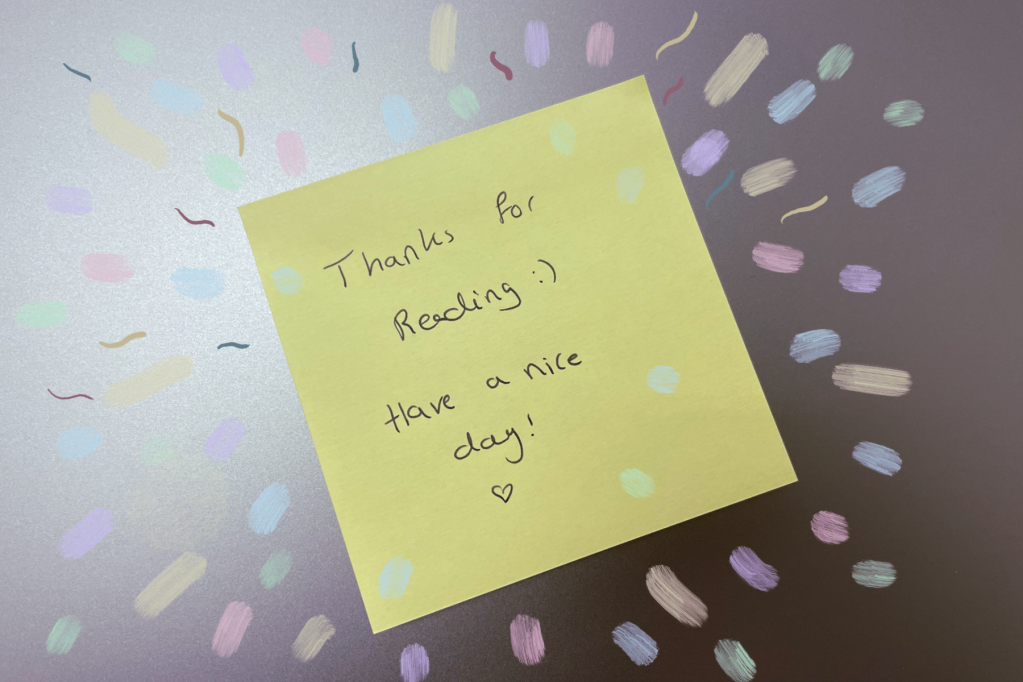

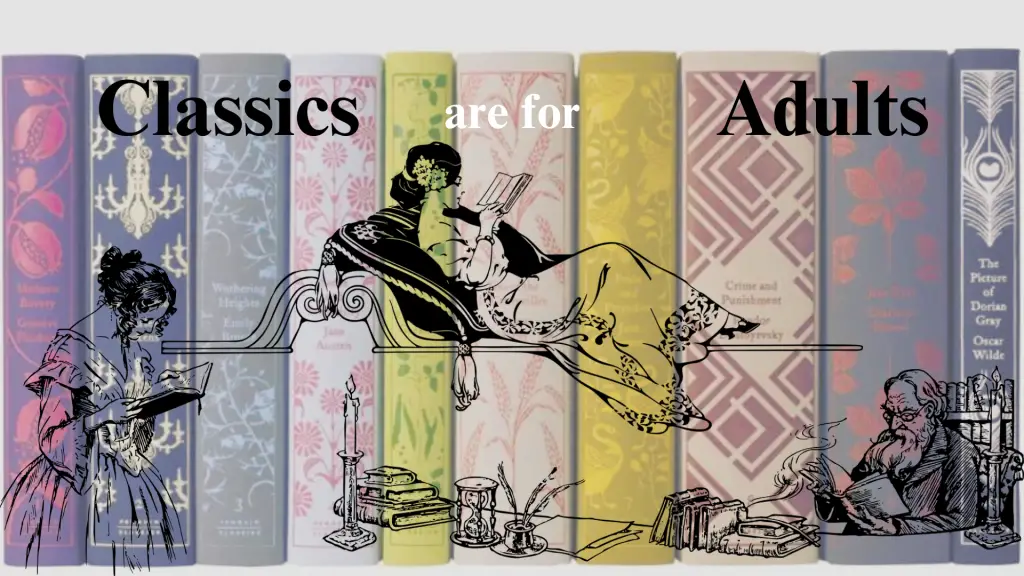
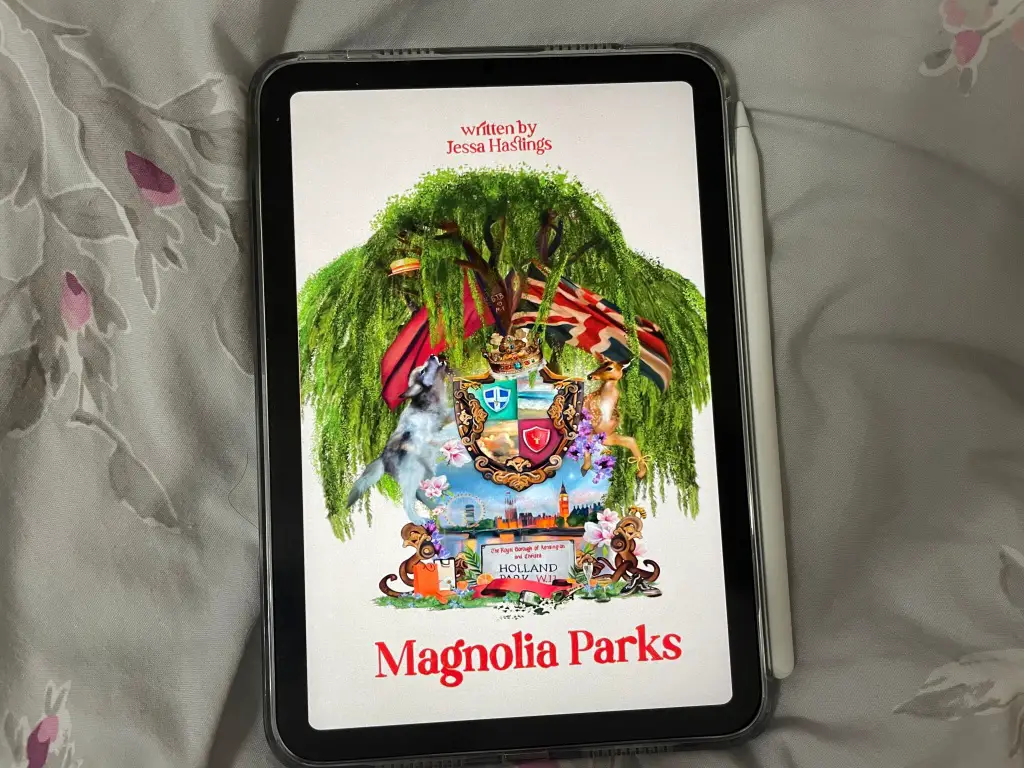
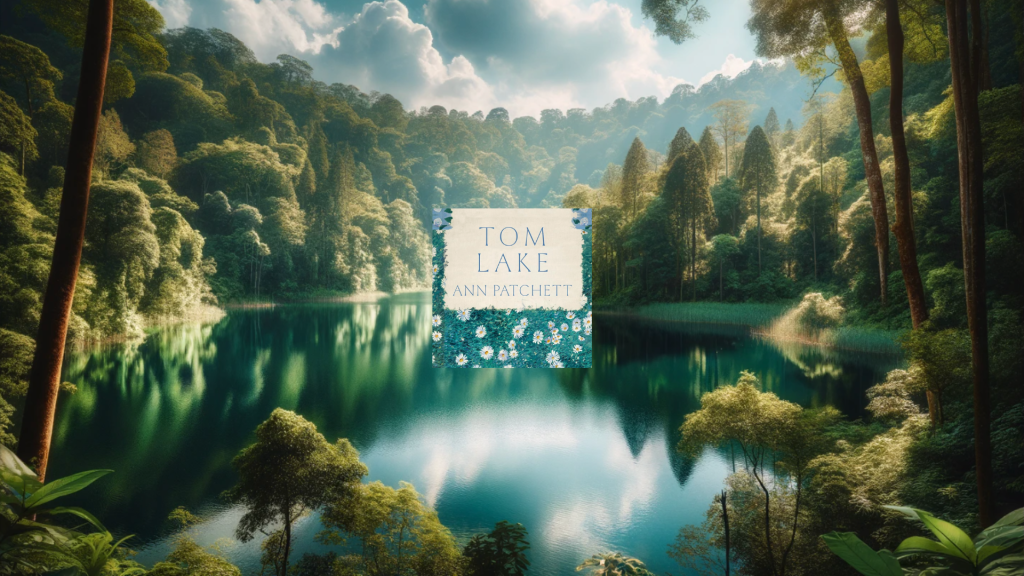
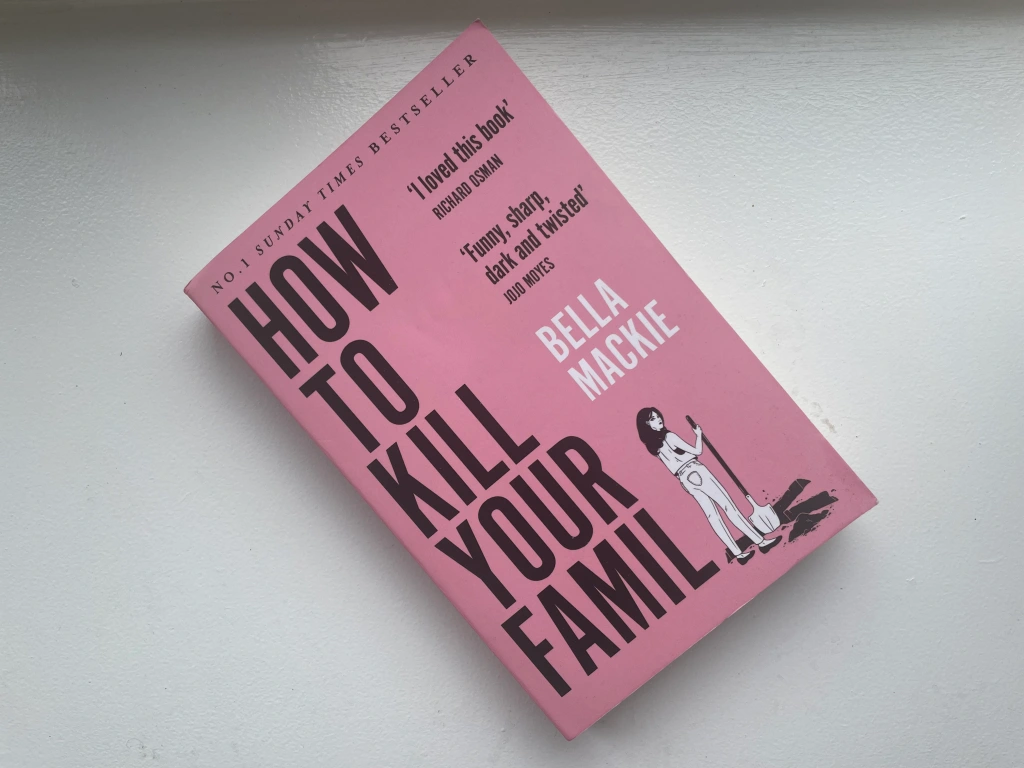
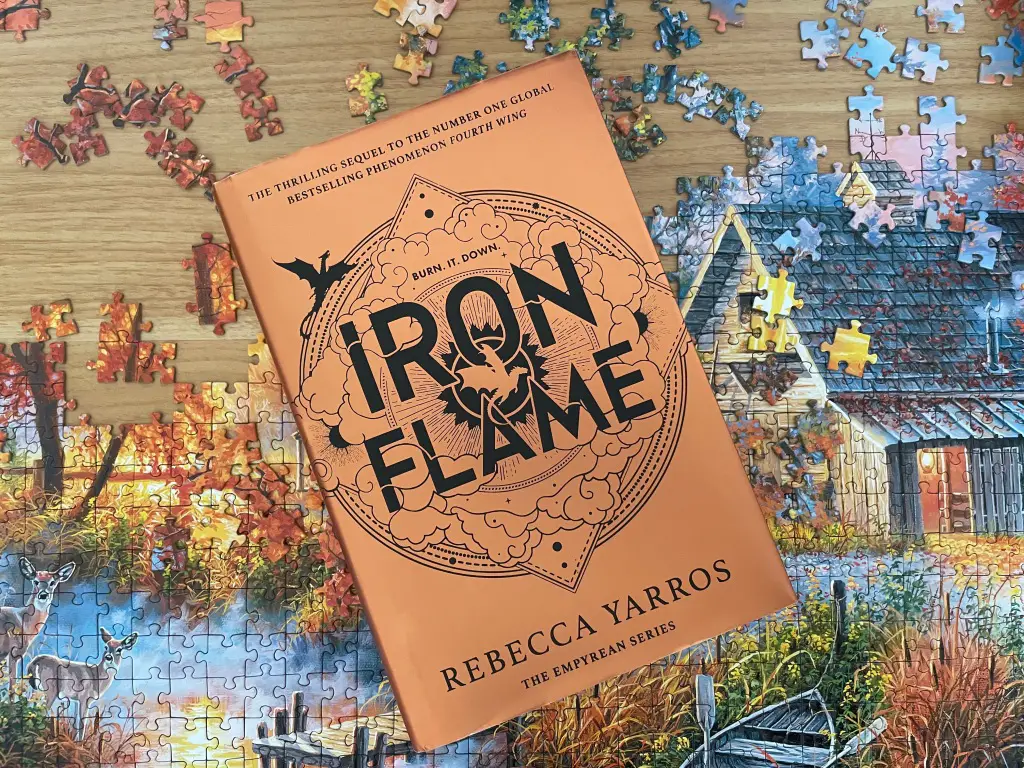
Leave a comment